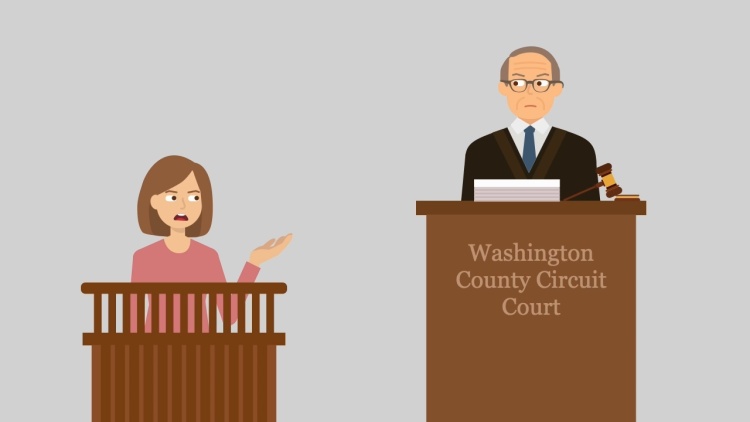Renner v. Retzer Resources, Inc.
Mississippi Supreme Court
236 So. 3d 810 (2017)
- Written by Jamie Milne, JD
Facts
While on a road trip with his family, John Renner (plaintiff) stopped at a McDonald’s in Winona, Mississippi. After visiting the restaurant’s condiment station, Renner tripped over the leg of a highchair that was protruding from behind a half wall. Renner fell, suffering injuries to his face and shoulder. Renner sued Retzer Resources, Inc. (Retzer) (defendant), the owner and operator of the McDonald’s, for negligence. During depositions, Greta Seigel, a regular patron of the Winona McDonald’s, testified that the highchairs were regularly stored behind the half wall near the condiment station, the legs of the highchairs routinely protruded into the walkway, and multiple other patrons had similarly bumped into the highchairs. She also testified that while the highchairs themselves were visible, the legs protruding into the walkway were unexpected. Seigel had brought the situation to the attention of both the store manager and other employees on multiple occasions. The store manager, Velencia Hubbard, did not dispute that the highchairs were regularly stored behind the half wall, but she testified that she believed that to be an appropriate location for them. Retzer moved for summary judgment, and the trial court granted the motion, finding that the presence of a highchair in a restaurant was a normal and usual condition that did not support negligence liability. Renner appealed to the Mississippi Supreme Court.
Rule of Law
Issue
Holding and Reasoning (Randolph, J.)
What to do next…
Here's why 907,000 law students have relied on our case briefs:
- Written by law professors and practitioners, not other law students. 47,100 briefs, keyed to 996 casebooks. Top-notch customer support.
- The right amount of information, includes the facts, issues, rule of law, holding and reasoning, and any concurrences and dissents.
- Access in your classes, works on your mobile and tablet. Massive library of related video lessons and high quality multiple-choice questions.
- Easy to use, uniform format for every case brief. Written in plain English, not in legalese. Our briefs summarize and simplify; they don’t just repeat the court’s language.







